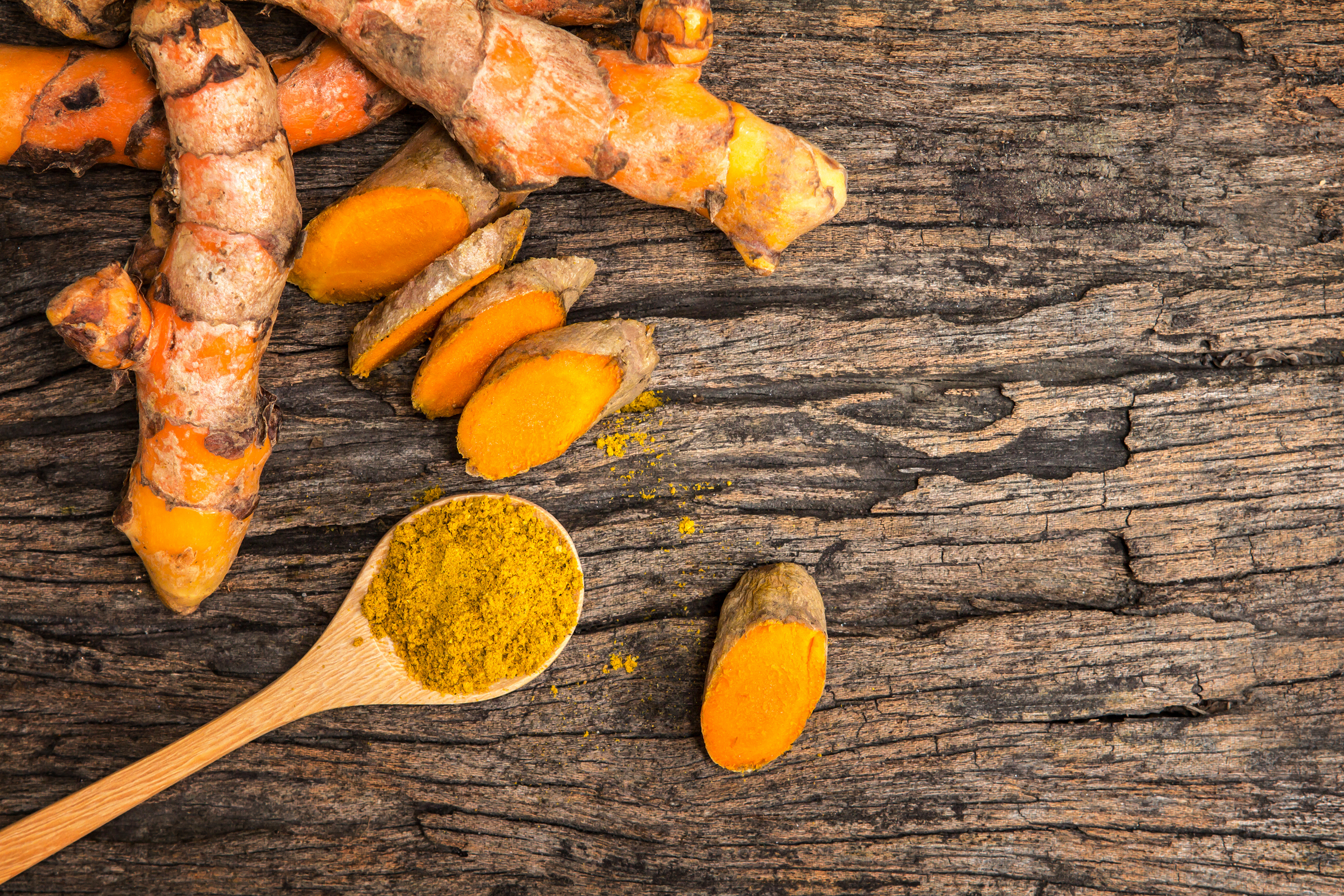
Turmeric is a spice originated from India. Besides its use as a cooking spice, turmeric is often used as a basic ingredient of traditional medicine. The herb contains chemical compound called curcumin and essential oils that are efficacious as a medicine. Curcumin possesses antioxidant properties, which can protect the body from free radicals. Besides that, recent studies have shown that curcumin in turmeric may also improve memory and uplift mood, particularly for people suffering from a mild age-related memory loss.
A study published in the American Journal of Geriatric Psychiatry examined the effects of curcumin supplement on memory performance of a group of people without dementia, as well as curcumin’s potential impact on the brains of a group of people suffering Alzheimer’s disease. Curcumin contained in turmeric is well known to have anti-inflammatory and antioxidant properties. The fact that curcumin has the ability to reduce brain inflammation may explain curcumin's effect on people suffering Alzheimer’s disease.
The study involved 40 adults between the ages of 50 and 90 years who had mild memory problems. Participants were randomly assigned to receive either a placebo or 90 milligrams of curcumin twice daily for 18 months. They underwent PET scans (Positron Emission Tomography) to determine the levels of amyloid and tau in the brains at the start of the study and after 18 months. Amyloid and tau are types of proteins in the body that can indicate Alzheimer levels.
The results showed that people who took curcumin experienced significant improvements in their memory and attention abilities, while people who received placebo did not. In memory tests, people taking curcumin experienced memory improvement by 28% at the end of the 18 month period. They also experience mild improvements in their 'mood' and their PET scan results showed significantly less amyloid and tau signals in the brain than those who took placebos.
Text by Anggie Triana
Stock photos from Blushlane.com
Source(s):
- Purba, E. R. and Martosupono, M. (2009). Curcumin as an antioxidant compound. Proceedings of National Seminar on Science and Science Education IV (3): 607-621.
- Small, G. W., Siddarth, P., Li, Z. et al (2017). Memory and brain amyloid and tau effects of a bioavailable form of curcumin in non-demented adults: a double-blind, placebo-controlled 18-month trial. The American Journal of Geriatric Psychiatry DOI: 10.1016/j.jagp.2017.10.010